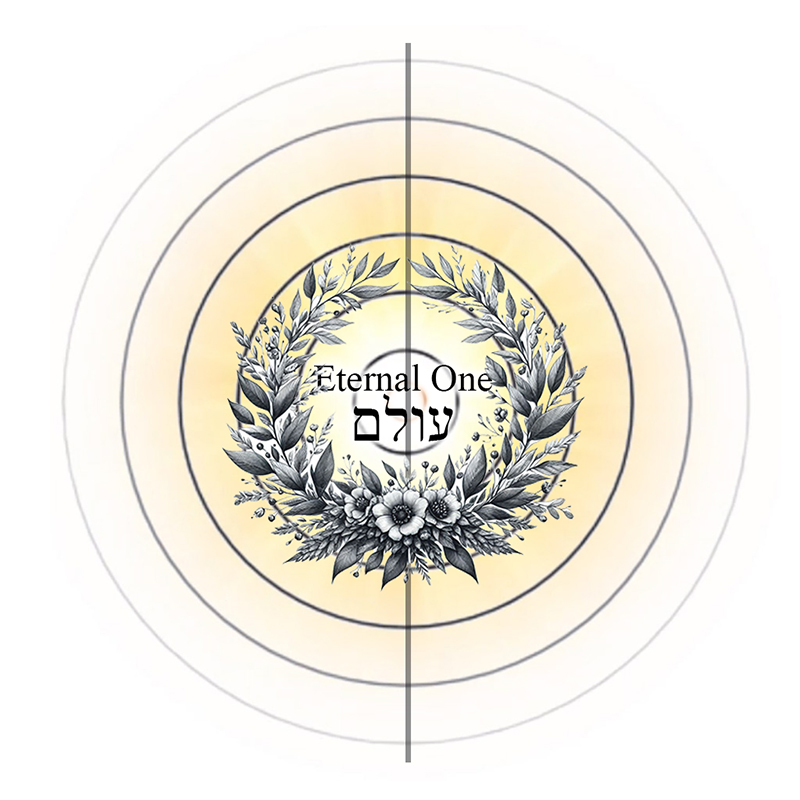 John 1:19
John 1:19

|
Strongs 2532
[list] Λογεῖον Perseus Kai Καὶ And Conj |
|
Strongs 3778
[list] Λογεῖον Perseus hautē αὕτη she DPro-NFS |
|
Strongs 1510
[list] Λογεῖον Perseus estin ἐστὶν is V-PIA-3S |
|
Strongs 3588
[list] Λογεῖον Perseus hē ἡ the Art-NFS |
|
Strongs 3141
[list] Λογεῖον Perseus martyria μαρτυρία testament N-NFS |
|
Strongs 3588
[list] Λογεῖον Perseus tou τοῦ the Art-GMS |
|
Strongs 2491
[list] Λογεῖον Perseus Iōannou Ἰωάννου Favored N-GMS |
|
Strongs 3753
[list] Λογεῖον Perseus hote ὅτε when Adv |
|
Strongs 649
[list] Λογεῖον Perseus apesteilan ἀπέστειλαν sent V-AIA-3P |
|
Strongs 4314
[list] Λογεῖον Perseus pros πρὸς toward Prep |
|
Strongs 846
[list] Λογεῖον Perseus auton αὐτὸν himself PPro-AM3S |
|
Strongs 3588
[list] Λογεῖον Perseus hoi οἱ the Art-NMP |
|
Strongs 2453
[list] Λογεῖον Perseus Ioudaioi Ἰουδαῖοι Casters Adj-NMP |
|
Strongs 1537
[list] Λογεῖον Perseus ex ἐξ from out Prep |
|
Strongs 2414
[list] Λογεῖον Perseus Hierosolymōn Ἱεροσολύμων Foundations of Peace/Jerusalems N-GNP |
|
Strongs 2409
[list] Λογεῖον Perseus hiereis ἱερεῖς priests N-AMP |
|
Strongs 2532
[list] Λογεῖον Perseus kai καὶ and Conj |
|
Strongs 3019
[list] Λογεῖον Perseus Leuitas Λευίτας Levites N-AMP |
|
Strongs 2443
[list] Λογεῖον Perseus hina ἵνα so that Conj |
|
Strongs 2065
[list] Λογεῖον Perseus erōtēsōsin ἐρωτήσωσιν they might ask V-ASA-3P |
|
Strongs 846
[list] Λογεῖον Perseus auton αὐτόν himself PPro-AM3S |
|
Strongs 4771
[list] Λογεῖον Perseus Sy Σὺ yourself PPro-N2S |
|
Strongs 5101
[list] Λογεῖον Perseus tis τίς who IPro-NMS |
|
Strongs 1510
[list] Λογεῖον Perseus ei εἶ you are V-PIA-2S |
The Cast Seed/Building Stone
And she, herself,33 is the Testimony of the Favored34 when the Casters34a sent away toward himself priests and Joined-Ones,34b from out of Foundations of Peace ("Jerusalems"), that they might implore himself, "Who are you, yourself?"
The Hebrew word לויה (livyah) has the meaning of "something attached" or "a wreath." It is derived from the same root as "Levi" (לוי), the name of the tribe, emphasizing the idea of being "attached" or "joined". A Levite (from above) is one who is eternally united with himself--the first and last becoming one.

And this is the testimony of John, when the Jews sent priests and Levites from Jerusalem that they might ask him, Who art thou?
And this is the witness of John, when the Jews sent priests and Levites that they might ask him, Who are you?
And this is the testimony of John, when the Jews sent priests and Levites from Jerusalem to ask him, “Who are you?”
Footnotes
| 33 | she is a testimony. That is, Hagar, the one who was given into the bosom of the Father (Gen. Hagar was sent away (divorced) in an eternal sense so that she should "come back around". Strong’s #G3778, hauté. Demonstrative pronoun. She, this-one. A feminine singular pronoun connected the feminine noun witness. It is not neuter. Choose whether to render the word "this" or "she" is a matter of bias. |
| 34 | Ancient Greek adds a definite article the (#G3588) to proper names. |
| 34a | Greek #2453, Ἰουδαῖος, Jewish, Jews. From the fourth son of Jacob [Heel Chaser], and the tribe named after him. The meaning is derived from Genesis 29:35 from Leah, his blind/poor sight mother who said, "The Foot-strike, I am casting/throwing [אוֹדֶה odeh] the eternal self He Is..." This word אוֹדֶ֣ה is the first person incomplete Hiphil causative form of the verb ידה yadah. It means to throw or cast with the hand, yad meaning "hand". Cf Strongs #3034. The meaning "give thanks, laud, praise;" and thus Jews as "praisers/praised ones" is an extended, metaphorical meaning based on the idea of using the hand somehow in an act of praise or giving thanks. As Strongs Concordance says, "A primitive root; used only as denominative from yad; literally, to use (i.e. Hold out) the hand; physically, to throw (a stone, an arrow) at or away; especially to revere or worship (with extended hands);" Even shooting arrows, Those who bend the bow, shoot [yadah] towards her, do not spare..." (Jeremiah 50:14 RBT)
|
| 34b | Jews from Jerusalem, priests and Levites. Hebrew words translated. Jews (Yehudim) means praised ones or cast ones (as a seed), Jerusalem is Foundation of Completeness/Peace (Yarah and Shalom), and Levi means garland or wreath, signifying eternally intertwined/joined. |